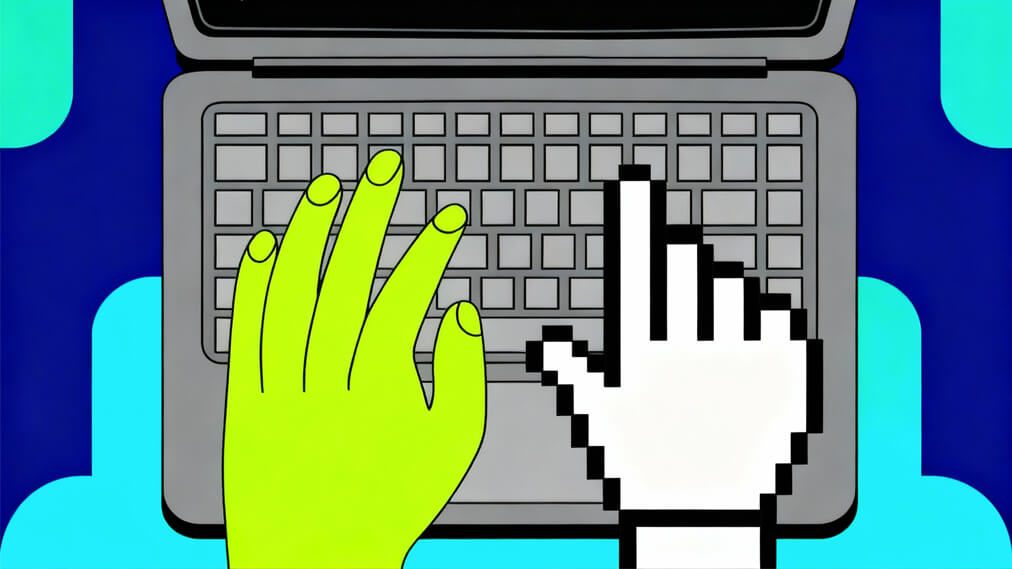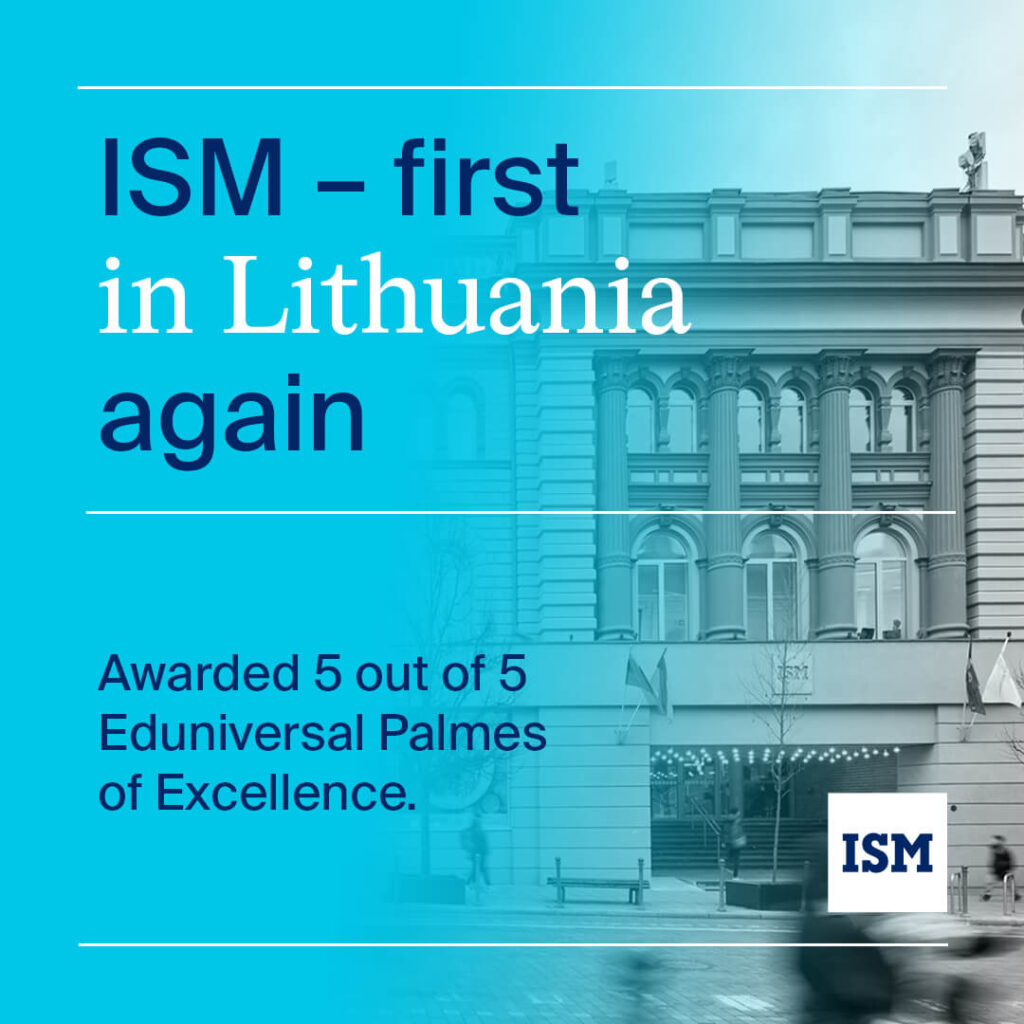THE INFLUENCE OF SOVIET IMPRINTS ON THE DEVELOPMENT OF NON-GOVERNMENTAL ORGANIZATIONS IN A POST-SOVIET CONTEXT
Prof. Dr. Ilona Bučiūnienė (ISM University of Management and Economics, Social Sciences, Management – S 003). supervised the dissertation from 2019 to 2024.
The doctoral dissertation will be defended at the Scientific Council of Management at ISM University of Management and Economics on January 20, 2025, at 11 A.M in ISM room 210.
Summary:
The dissertation investigates the influence of Soviet imprints on the development of non-governmental organizations (NGOs) in post-Soviet Lithuania and Lithuanian citizens’ attitudes toward volunteering. It explores the Soviet imprints – the attitudinal and behavioral patterns inherited from the Soviet era – and their manifestations in the development of NGOs in the post-Soviet context. To examine this post-dynamics, the dissertation employs a mixed-method approach, combining qualitative and quantitative research. Focused on the first decade of NGO development, qualitative interviews with the founders and developers of early Lithuanian NGOs focusing on the first decade of NGO development revealed many negative imprints, which manifested as interference with NGO developments, and positive imprints, which manifested as early NGO driving forces. The findings from the qualitative study identify five main groups of Soviet norms that have persisted in people’s attitudes and behavior throughout the Soviet period, creating specific Soviet imprints and affecting the development of post-Soviet NGOs. These include the authoritarian regime, the stability and security guaranteed by the government, hidden social problems, the absence of donation culture, and the absence of the NGO as a legal, organizational form. We translated Soviet imprints into several groups of attitudinal variables that could have influenced NGOs in the later stages of the post-Soviet period. We hypothesized that older Lithuanian residents would be more affected by these Soviet imprints, negatively impacting their attitude toward volunteering. We operationalized the Soviet imprints into several attitudinal variables that might have affected NGOs in the later stage of the post-Soviet period, where age serves as an independent variable, showing the strength of the imprint, attitudes toward volunteering as the dependent variable, and Soviet imprints as mediating variables. The results showed that an authoritarian outlook mediated the relationship between age and attitudes toward volunteering. This partly confirms our hypotheses that people, while building post-Soviet environments, had inherited attitudes and behavior patterns from the Soviet past, the effects of which reverberate through contemporary NGO development. The findings add to the existing body of research on post-Soviet NGOs and volunteering, imprinting literature and offering valuable insights for policymakers and NGO leaders, strengthening institutional frameworks and volunteering engagement in post-Soviet environments.
Defence council:
Prof. Dr. Vilmantė Kumpikaitė, (Kaunas University of Technology, Social Sciences,
Prof. Dr. Virginija Poškutė (ISM University of Management and Economics, Social Sciences,
Prof. Dr. Maaja Vadi (Tartu University, Estonia Social Sciences,



